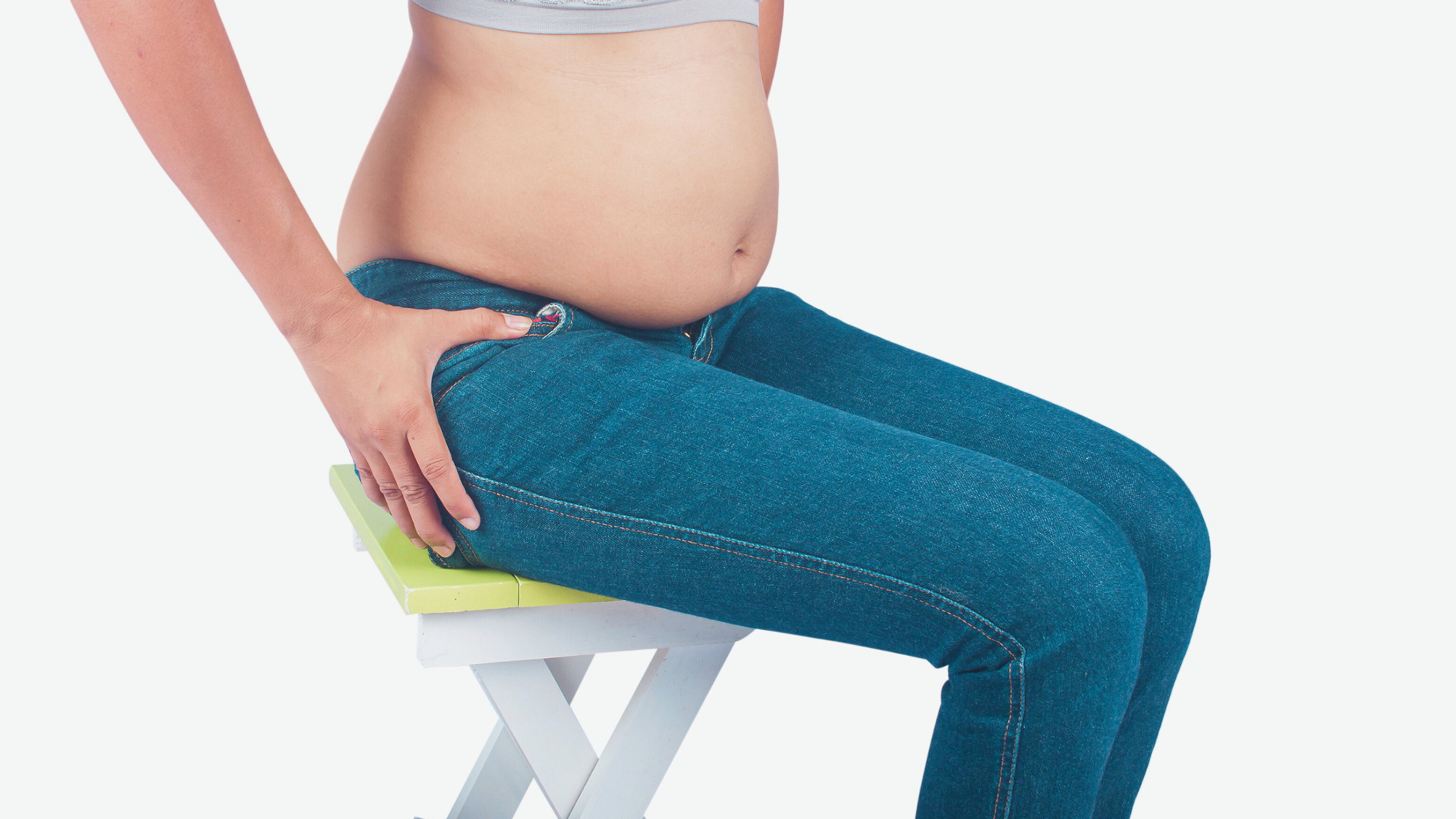Combating Summer Bloat: Nutritional Tips and Tricks
Bloating can be an uncomfortable and frustrating experience, especially during the summer when we want to feel our best. Bloating often results in a swollen stomach and a feeling of fullness, which can put a damper on summer activities.
Common causes of bloating include dehydration, overeating, consuming certain foods, and changes in routine.
Fortunately, with a few nutritional and lifestyle adjustments, you can enjoy a bloat-free summer.
Understanding bloating
What is bloating?
Bloating is a condition where your stomach feels swollen and full due to gas or other digestive issues. It is often accompanied by discomfort, a distended abdomen, and sometimes pain.
Common Causes of Bloating in Summer
1. Dehydration
Hot weather can lead to dehydration, which slows digestion and can cause constipation and bloating.
2. Carbonated Drinks
Increased consumption of carbonated beverages can introduce excess gas into the digestive system.
3. Processed Foods
BBQs and frequent take-outs/ eating out, often feature processed foods high in salt and sugar, which can lead to water retention and bloating.
4. Changes in Routine
Travelling and irregular meal times can disrupt your normal digestive rhythm, leading to bloating.
Nutritional tips to combat bloating
Hydration
Drinking enough water is crucial for maintaining proper digestion. In the summer heat, our bodies lose more water through sweat, making hydration even more important.
Aim to drink at least 8 glasses of water a day, and include hydrating foods like cucumbers, watermelon, and leafy greens in your diet.
Herbal teas and infused waters with ingredients like mint, lemon, and cucumber can also help keep you hydrated while aiding digestion.
Limit carbonated beverages
While soda and sparkling water can be refreshing, they can also introduce excess gas into your digestive system, leading to bloating. Opt for still water, herbal teas, or infused water instead. These alternatives are not only healthier but also less likely to cause bloating.
Incorporate anti-bloating foods
Certain foods can help reduce bloating and improve digestion. Some of the best anti-bloating foods include:
– Ginger – Known for its anti-inflammatory properties, ginger can help reduce inflammation in the gut and promote digestion. Try adding fresh ginger to your smoothies or sipping on ginger tea.
– Papaya – This tropical fruit contains enzymes like papain that aid in digestion and help break down proteins.
– Bananas – High in potassium, bananas help regulate fluid balance in the body, reducing water retention and bloating.
– Yoghurt – Rich in probiotics, yogurt can promote gut health and improve digestion. Opt for plain yogurt with live cultures and add your own fruit for natural sweetness.
– Quinoa – If you feel bloated after a plate of pasta or bread, try opting for different whole grain foods such as quinoa. Quinoa is also gluten-free so if you are coeliac or gluten-intolerant quinoa is an ideal substitute.
Avoid high sodium foods
High-sodium foods can cause your body to retain water, leading to bloating. Reduce your intake of salty snacks, processed foods, and restaurant meals. Instead, use herbs and spices to flavor your food. Fresh herbs like basil, cilantro, and parsley can add flavour without the extra sodium.
Eat smaller, more frequent meals
Instead of eating large meals, try having smaller, more frequent meals throughout the day. This can help prevent overeating and allow your digestive system to work more efficiently. Plan balanced meals with a good mix of protein, fibre, and healthy fats to keep you satisfied and energised.
Remember to chew
One often overlooked but crucial aspect of digestion is chewing your food thoroughly. Chewing breaks down food into smaller pieces, making it easier for your digestive system to process. It also mixes food with saliva, which contains enzymes that start the digestive process. Eating slowly and chewing each bite thoroughly can prevent overeating and reduce the amount of air swallowed, both of which can help reduce bloating. Aim to chew each bite at least 20 times before swallowing.
Increase fibre intake gradually
Fibre is essential for healthy digestion, but increasing your intake too quickly can cause gas and bloating. Gradually add more high-fibre foods to your diet, such as fruits, vegetables, whole grains, and legumes. Drinking plenty of water will also help fibre move smoothly through your digestive system.
Lifestyle tips to reduce bloating
Stay active
Regular physical activity helps keep your digestive system moving and can prevent bloating. Summer offers plenty of opportunities to stay active, whether it’s a morning walk, a swim in the sea or in the pool, or a yoga/ pilates session. Aim for at least 30 minutes of exercise most days of the week.
Manage Stress
Stress can negatively impact your digestion and lead to bloating. Incorporate stress-reducing activities into your daily routine, such as meditation, deep breathing exercises, or spending some time exercising. Even a few minutes of mindfulness each day can make a big difference.
Avoid eating late at night
Eating late at night can disrupt digestion and lead to bloating the next day. Try to have your last meal at least 2-3 hours before bedtime. If you need a late-night snack, opt for something light and easy to digest, like a piece of fruit or a small serving of yoghurt.
Practical tips for summer events
Navigating BBQs and social gatherings
Summer gatherings can be a minefield of bloating triggers. To make healthier choices, start by filling your plate with vegetables and lean proteins. Avoid heavy, creamy dressings and opt for vinegar-based dressings instead. Bringing a healthy dish to share, like a fruit salad or veggie platter, ensures there will be something nutritious for you to enjoy. When dining out at a restaurant, the same applies i.e. choose a dish containing lean protein and veggies and ask for sauces on the side.
Travel tips
Travelling can disrupt your eating habits and lead to bloating. To stay on track, pack nutritious snacks like nuts, seeds, and dried fruit. Stay hydrated by carrying a reusable water bottle and avoid the temptation of sugary and salty snacks at airports or kiosks.
Conclusion
Bloating can be a common but manageable issue during the summer months. By staying hydrated, choosing the right foods, chewing properly and incorporating healthy habits into your routine, you can prevent and reduce bloating, ensuring you feel your best. Implement these tips and enjoy a comfortable, bloat-free summer.
For more nutrition tips and healthy recipes, subscribe to our newsletter. Stay updated on our latest posts and get access to exclusive content. If you’re looking for personalised nutrition advice, check out our nutrition consultation services. Let’s make this summer your healthiest one yet!
Yours truly,
Corinne




